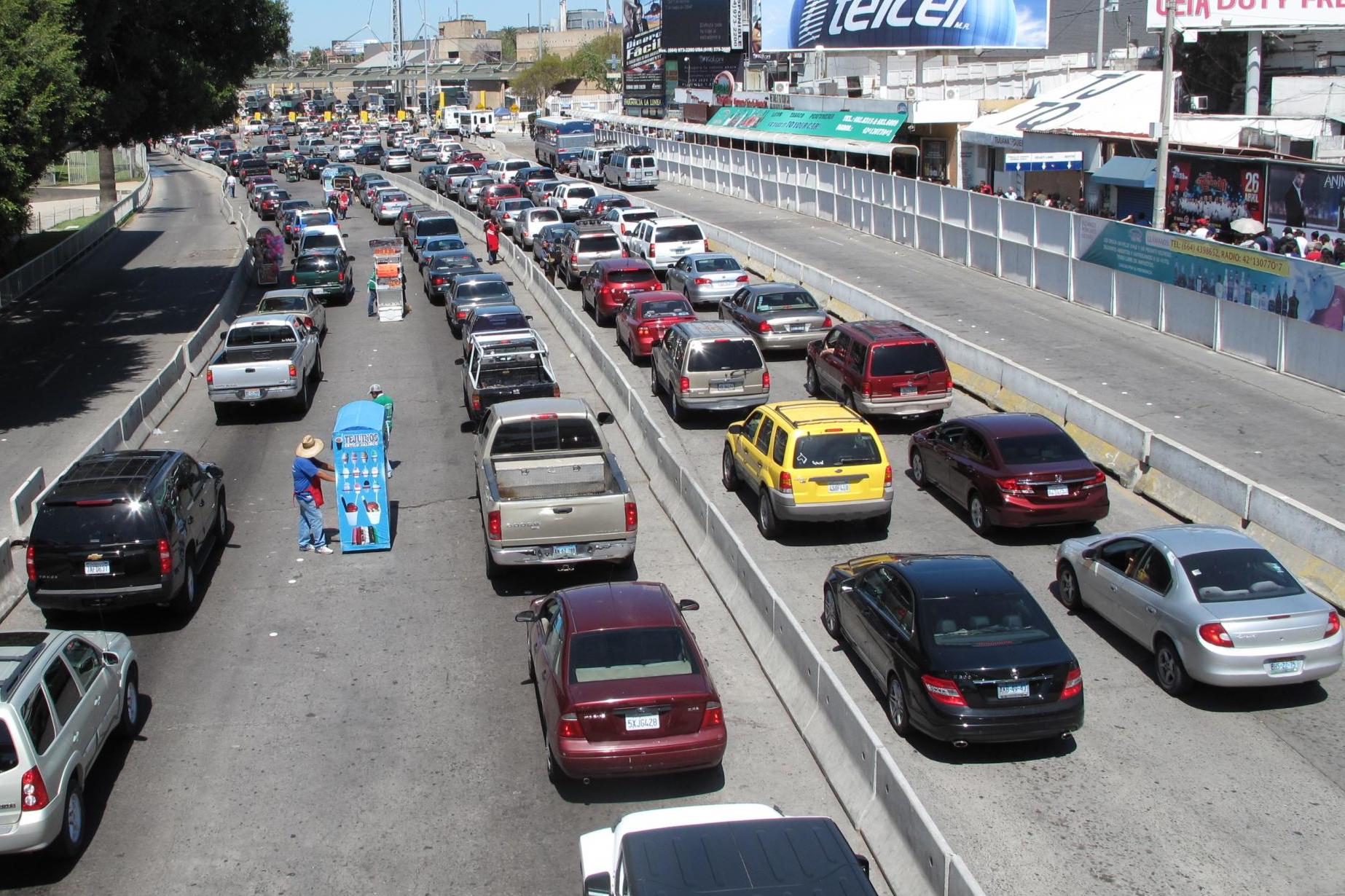Transatlantic travel: what are the perils and pitfalls?
Ignoring the Foreign Office warning against overseas travel invalidates travel insurance

Nigel Farage’s trip to the US has highlighted many issues about transatlantic travel in the time of coronavirus.
These are the key questions and answers.
Can I fly from the UK to the US?
Yes, on one of around a dozen daily flights.
Normally there are 30 or more possible US gateways from the UK, with links from Heathrow, Gatwick, Manchester, Glasgow and Edinburgh.
Since the start of the coronavirus pandemic, though, the only starting point is Heathrow and the destinations are limited to the major hubs of Boston, New York (JFK and Newark), Washington Dulles, Atlanta, Miami, Chicago, Dallas-Fort Worth and Los Angeles. To reach other locations, such as Tulsa, it is necessary to change to a domestic flight at a US airport.
But unless you are a US citizen or permanent resident, or a close family member of such a person, it is most unlikely that you will be allowed on board any flight to the US.
Why not?
The airline will not want to be fined for taking ineligible travellers to America, as initally happened to Mr Farage. A Department of Homeland Security (DHS) spokesperson told The Independent: “On 19 June, Mr Nigel Farage, the leader of the United Kingdom’s Brexit Party, was denied boarding while attempting to fly from the United Kingdom to the United States.
“The initial denial of boarding was made pursuant to a 14 March Presidential Proclamation that, due to the COVID-19 pandemic, suspends the entry into the United States of certain foreign nationals who recently have been present in the United Kingdom.”
British nationals “who have been physically present within the United Kingdom” within the previous 14 days have been banned from the US since 16 March, because they are regarded as “Persons Who Pose a Risk of Transmitting Coronavirus”.
How would a British citizen get around that problem?
By being an “alien whose entry would be in the national interest”. The DHS spokesperson said: “After conducting a thorough review of the relevant facts and circumstances, DHS determined Mr Farage’s travel to be permissible under Section 2 (a)(xi) of the Presidential Proclamation: any alien whose entry would be in the national interest, as determined by the Secretary of State, the Secretary of Homeland Security, or their designees authorising Mr Farage to board his flight”.
For people without friends in high places, the Foreign Office says: “Limited categories of visa holders (such as UN staff and diplomats) are exempt.”
The only possible categories that The Independent have been able to identify is the “A visa” for a “diplomat or foreign government official” and the “H-1B” visa for someone who qualifies because of “specialty occupations in fields requiring highly specialised knowledge”.
An “I” visa as used by journalists does not qualify. The Esta scheme normally used for British business travellers and tourists has been suspended.
Suppose I get in – do I face any further problems?
Yes. The Foreign Office warns against all-but-essential travel anywhere outside the UK until further notice.
While that is advice, not an instruction, it has the effect of invalidating travel insurance in a country which has the highest medical costs in the world.
In addition, the FCO says: “Terrorists are very likely to try to carry out attacks in the US.”
The Foreign Office advice adds: “Tornadoes can occur at any time of the year.”
What about returning home?
Almost all arrivals at UK airports are required to go straight home and self-isolate there for two weeks. The quarantinee should not leave the property except for one of a limited number of very urgent reasons.
Who is exempt from UK quarantine?
There are 43 exemptions but most of them are very narrowly defined by occupation – for example airline, ferry and Eurostar train crew.
The widest is for a frequent international traveller, who makes the same transatlantic journey every week.
“You’ll need to show evidence that you reside in one country but work in the other and you should also be able to demonstrate that you travel between the two on a minimum of a weekly basis, for example, a season ticket,” says the UK government.
A general exemption for “members of diplomatic missions and consular posts in the UK, officers, servants or representatives of international organisations, representatives at an international or UK conference granted privileges and immunities” may apply.
But the traveller must provide confirmation that their work back in the UK “is essential to the functioning of the mission, international organisation or conference and that it cannot be undertaken whilst self-isolating”.
What about the “Dublin dodge”?
When quarantine was first mooted in May, it appeared that flying home to the UK via the Irish capital could circumvent the need to self-isolate for 14 days.
But travellers from Ireland are quizzed on their arrival in the UK about any travel beyond the “Common Travel Area” in the previous two weeks.
If quarantine is lifted or an “air bridge” introduced, can the traveller immediately leave self-isolation?
No. The sentence must be served in full. Trackers will still expect quarantinees to observe all the rules that prevailed when they arrived in the UK.
Join our commenting forum
Join thought-provoking conversations, follow other Independent readers and see their replies
Comments
Bookmark popover
Removed from bookmarks